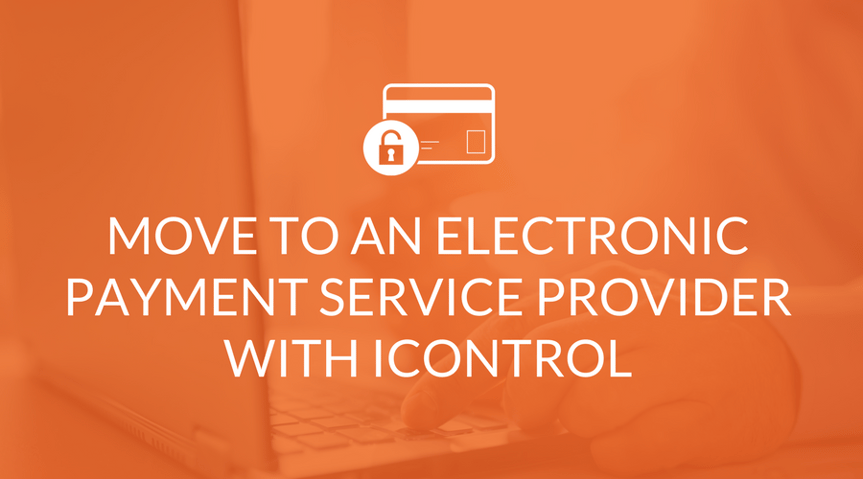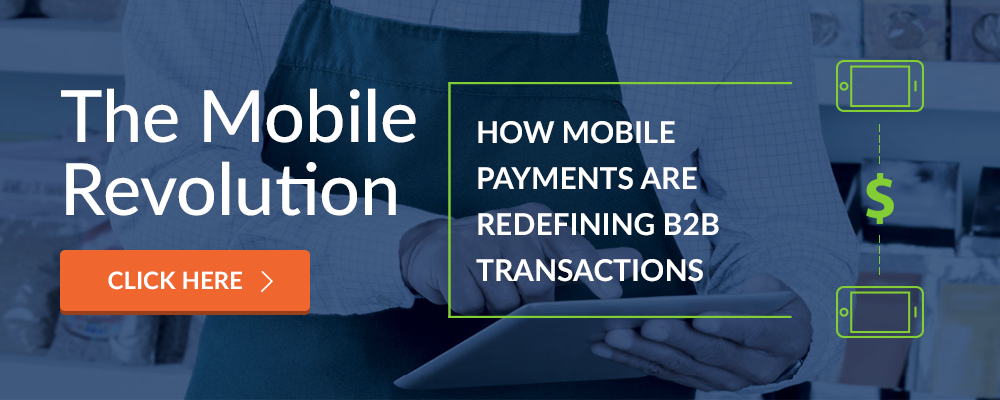
Managing a busy supply chain is a full time job. Manual billing systems can create further complications that reach well into your stakeholders’ systems. Furthermore, inadequate access to financial and merchandising data means retailers are making important decisions while effectively running blind.
Thankfully, developments in B2B payments are removing many of the big-picture problems that manual systems are known to cause. At an operational level, these systems create delays between invoicing and payments. Dealing with the resultant hard copy invoicing creates more work, as staff try to keep data organized. The issue compounds and repeats itself when retailers and suppliers stick to paper-based systems.
Move To A More Transparent Solution
An electronic payment service provider, such as iControl, creates one-to-many solutions where supply chain stakeholders can analyze payment data or pull reports. When merchandisers and distributors are using a digital billing system, the supply chain is simplified. Suppliers are able to reduce costs around inventories, transportation, and warehousing. This reduces the total cost of merchandise on the retailer's end.
For example, multi-store merchandisers often have blind spots in their stock allocations. Servicing many outlets can reduce visibility into sales trends, thereby hampering opportunities for revenue. Manual, paper-based systems make it virtually impossible to spot revenue opportunities virtually impossible. The same applies to suppliers, who often haul goods to retailers in high volumes to meet demand.
An service provider of mobile B2B payments can help you correlate products with their most popular locations. This facilitates better placement and forecasting, while eliminating overstocking for both suppliers and retailers. More informed buying also alleviates the cost of procurement, as smarter stock allocations reduce the total cost of merchandise.
Guaranteed Product Pricing
Price uniformity can be a challenge. The larger your network of outlets, the more complex it becomes. In 2015, over $600 billion dollars in manufactured and retailed goods were transported across the United States. For nationwide retailers, getting the price right is central to profitability. Electronic payment service providers give retailers accurate pricing information to ensure every outlet in their network pays the same price for goods.
Merchandisers can look across various outlets, suppliers, and geographies to ensure optimal pricing for goods. Retailers at store-level can quickly confirm pricing discrepancies by comparing pricing data with other stores. By eliminating pricing fluctuations, price disputes between retailers, customers, and suppliers are avoided. Also, ensuring that you're paying the lowest prices means increased revenue.
Simplify Notoriously Complex Invoicing
Many suppliers means many invoices. For every delivery, you need an invoice, dispatch sheet, payment, and inventory update. Continuously recreating the same paper trail is counterintuitive in today's working environment. Consolidating invoices and payments, and reducing the frequency at which they’re produced, helps accounting staff focus less on repetitive tasks. This allows them to turn their attention to more strategic, cost-saving accounting work. With an electronic payment service provider, accounting staff can also perform deep analysis on financial metrics.
Electronic payment service providers are helping retailers and suppliers run their business more efficiently. They do so by exchanging manual invoicing and payments for quick and reliable digital processes. iControl is a leader in providing electronic payment solutions to retailers and distributors across a variety of industries. Our suite of solutions make supply chains more transparent and effective. To find out how iControl can boost your business efficiency, contact us.
